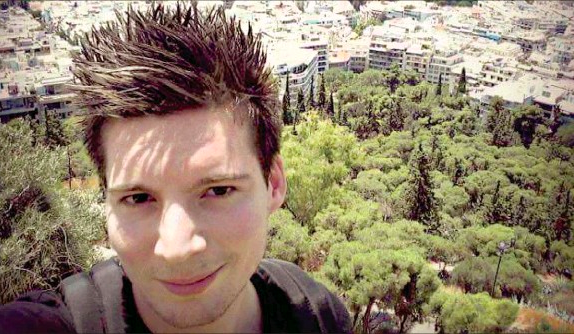Der Spiegel and other newspapers hail him as an important whistleblower, but five years ago Rui Pinto obtained 268,000 euro from two bank accounts in the Cayman Islands through hacking. Then he turned to football.
By Nuno Tiago Pinto
In late 2013 the world had never heard of Rui Pinto. Back then he was just a graduate history student at the Universidade do Porto, having finished a semester through the Erasmus exchange programme at the university in Budapest. He lived with his father, stepmother and sister in Vila Nova de Gaia, the neighbouring town of Porto, Portugal’s second largest city. Today he is known as “John”, the man behind Football Leaks, the website that from late 2015 revealed some of football best kept secrets.
Before he decided to target football clubs, international sports funds, agents and law firms, he used his computer skills to his own benefit. According to a criminal complaint filed in Portugal by the Caledonian Bank, an offshore company registered in the Cayman Islands, on 13 September 2013, someone managed to access the server that stored all the bank’s emails. Commercially known as Mimecast, the server was located on the island of Jersey. And among the information available in those emails were the usernames and passwords who allowed anyone who had them to enter the Caledonian Bank’s back office website with administrator privileges – and access to all the bank’s client accounts.
According to the criminal complaint, that’s exactly what happened on 18 September 2013: Someone accessed one account and ordered an international transfer of 46,857,26 dollars (34,627 euro) to a Deutsche Bank Lisbon account. At the time, no one noticed. Bu...



